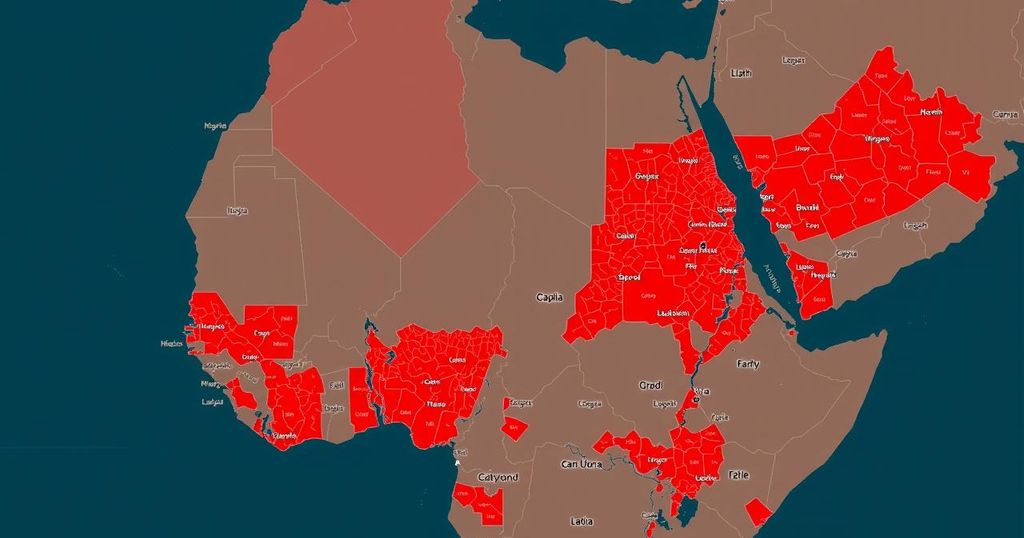The President of Guinea Bissau has postponed legislative elections that were set for November 24, extending the country’s political instability. Warnings about logistical challenges and lack of funding influenced this decision, which also reflects ongoing tensions between the president and opposition parties in a country with a history of political turmoil.
On Monday, President Umaro Sissoco Embalo of Guinea Bissau announced the indefinite postponement of legislative elections initially scheduled for November 24. This decision comes as a result of the ongoing political instability that has plagued the nation since the dissolution of parliament in December 2023, which followed a violent attempted coup. Although Embalo had previously expressed intentions to hold the elections, warnings regarding logistical challenges and financial constraints signaled a likely delay.
Guinea Bissau, a small Portuguese-speaking nation in West Africa, has been characterized by a history of political volatility, marked by numerous coups and governance challenges since gaining independence in 1974. Following the elections of June 2023, which saw a parliamentary majority for the African Party for the Independence of Guinea and Cape Verde (PAIGC), tensions escalated between the president and the opposition. This current political atmosphere has catalyzed concerns over the feasibility of timely elections amid significant resource limitations and widespread corruption.
The indefinite postponement of the elections not only prolongs the political uncertainty in Guinea Bissau but also highlights the country’s ongoing struggle for stability and governance. The failure to establish a new date for the elections further complicates an already tumultuous political landscape, necessitating urgent attention to address the underlying issues of funding, corruption, and cooperation among political factions.
Original Source: punchng.com







